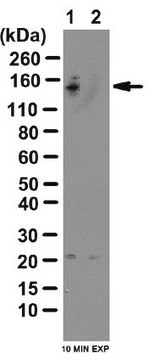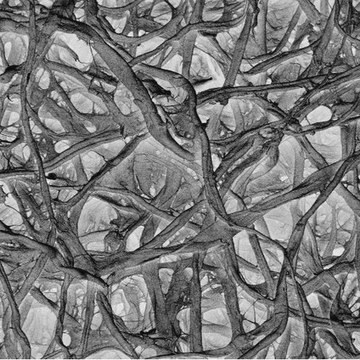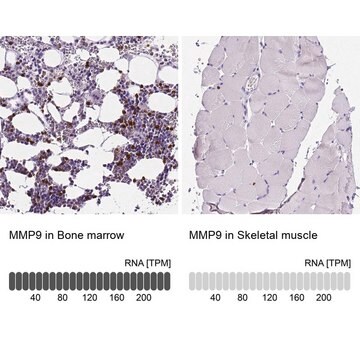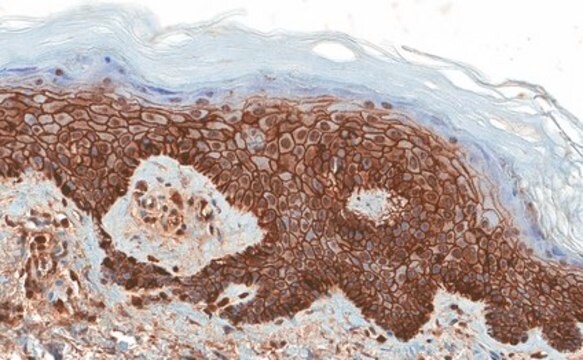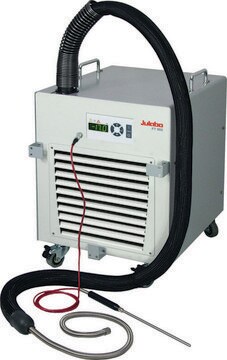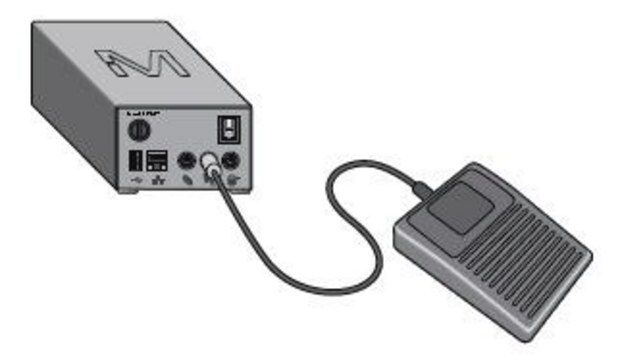MABE1828
Anti-beta-Catenin Antibody, clone mAb-Cat1
clone mAb-Cat1, from rat
Synonym(s):
beta-Catenin 1, Catenin beta-1
About This Item
Recommended Products
biological source
rat
antibody form
purified immunoglobulin
antibody product type
primary antibodies
clone
mAb-Cat1, monoclonal
species reactivity
human
species reactivity (predicted by homology)
mouse (based on 100% sequence homology), bovine (based on 100% sequence homology)
packaging
antibody small pack of 25 μL
technique(s)
ChIP: suitable
dot blot: suitable
immunoprecipitation (IP): suitable
western blot: suitable
isotype
IgG1κ
NCBI accession no.
UniProt accession no.
target post-translational modification
unmodified
Gene Information
human ... CTNNB1(1499)
mouse ... Ctnnb1(12387)
General description
Specificity
Immunogen
Application
Epigenetics & Nuclear Function
Immunoprecipitation Analysis: A representative lot immunoprecipitated beta-Catenin in Immunoprecipitation applications (Hoffmeyer, K., et. al. (2017). Cell Rep. 18(12):2815-2824).
Dot Blot Analysis: A representative lot detected beta-Catenin in Dot Blot applications (Hoffmeyer, K., et. al. (2017). Cell Rep. 18(12):2815-2824).
Chromatin Immunoprecipitation Analysis (ChIP): A representative lot immunoprecipitated beta-Catenin in Chromatin Immunoprecipitation applications (Hoffmeyer, K., et. al. (2017). Cell Rep. 18(12):2815-2824).
Quality
Western Blotting Analysis: 1 µg/mL of this antibody detected beta-Catenin in SW 480 cell lysate.
Target description
Physical form
Storage and Stability
Other Notes
Disclaimer
Not finding the right product?
Try our Product Selector Tool.
Certificates of Analysis (COA)
Search for Certificates of Analysis (COA) by entering the products Lot/Batch Number. Lot and Batch Numbers can be found on a product’s label following the words ‘Lot’ or ‘Batch’.
Already Own This Product?
Find documentation for the products that you have recently purchased in the Document Library.
Our team of scientists has experience in all areas of research including Life Science, Material Science, Chemical Synthesis, Chromatography, Analytical and many others.
Contact Technical Service